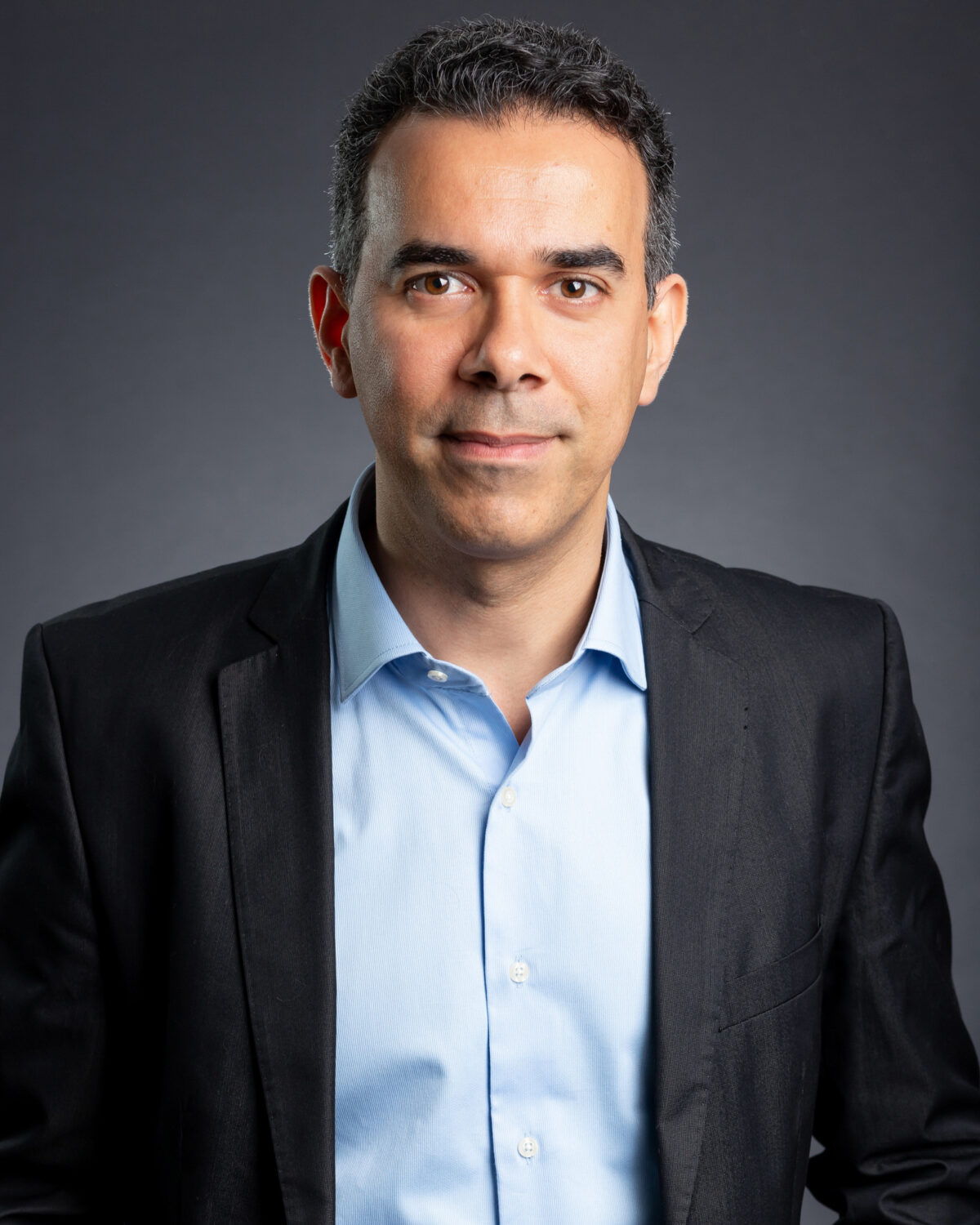Amid rising rates of suicide in the United States, particularly among youth and university students, a newly published clinical framework offers hope—and a much-needed shift in how clinicians, educators, and families can respond to suicidal ideation.
Published in the Journal of Contemporary Psychotherapy, the article “A Novel Five-Step Clinical Framework for Suicide Prevention” by clinical psychologist Dr. Élison Santos introduces an innovative therapeutic approach grounded in existential psychology and years of clinical work with individuals experiencing profound psychological distress.
Unlike models that focus solely on symptom reduction or risk management, this framework emphasizes restoring meaning, fostering connection, and navigating the inner tensions that often underlie suicidal thoughts. The model is the result of extensive work with university students facing suicidal ideation and has been carefully crafted to be accessible, adaptable, and deeply human.
A Five-Step Framework for a Human-Centered Response
The framework proposes five clinical-existential steps for engaging individuals in crisis:
- Differentiated Reception – Fostering Connection and Affirming Dignity
- Connecting with Core Values and Responsibilities
- Expanding Perspectives and Possibilities
- Navigating Existential Tensions and Fostering Ambivalence for Life
- Rediscovering Purpose and Agency
“At the heart of suicidal suffering is often a loss of meaning, identity, and connection, not just a clinical diagnosis,” says Dr. Santos. “This framework is designed to help clinicians and caregivers meet individuals where they are, and walk with them toward rediscovering reasons to live.”
Responding to a National Crisis
According to the CDC, Suicide was the second leading cause of death among individuals between the ages of 10-14 and 25-34, the third leading cause of death among individuals between the ages of 15-24, and the fourth leading cause of death among individuals between the ages of 35 and 44. There were nearly two times as many suicides (49,476) in the United States as there were homicides (24,849). College campuses, in particular, have reported rising rates of depression, anxiety, and suicidal ideation in the wake of growing academic pressure, social isolation, and post-pandemic mental health fallout.
“This framework isn’t only for therapists,” Dr. Santos explains. “It’s also a tool for parents, educators, and mentors who want to better understand and support those who are suffering, without resorting to clichés or panic. It offers a path forward rooted in presence, purpose, and shared humanity.”
Available for Interviews, Trainings, and Public Engagement
Dr. Élison Santos is currently based in Washington, D.C., where he provides clinical services and speaks publicly on suicide prevention, meaning-centered therapy, and existential resilience. He is available for interviews, guest commentary, workshops, and collaborations focused on advancing more effective and compassionate suicide prevention strategies in the United States.
Dr. Élison Santos is a clinical psychologist, researcher, and speaker based in Washington, D.C., specializing in suicide prevention, existential psychology, and meaning-centered therapy. With over 16 years of experience working with young people, adults, and couples, his work integrates clinical expertise with human-centered approaches to mental health. His recent publication in the Journal of Contemporary Psychotherapy—“A Novel Five-Step Clinical Framework for Suicide Prevention”—presents a new therapeutic model designed to help individuals rediscover meaning, connection, and personal agency in moments of crisis. Dr. Santos offers therapy, training, and consultation to clinicians, educators, and organizations committed to advancing suicide prevention strategies.
elison@elisonsantos.com
The Washington Circle

